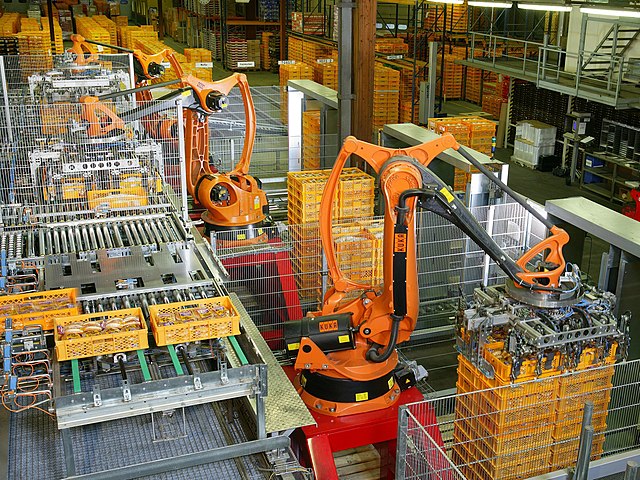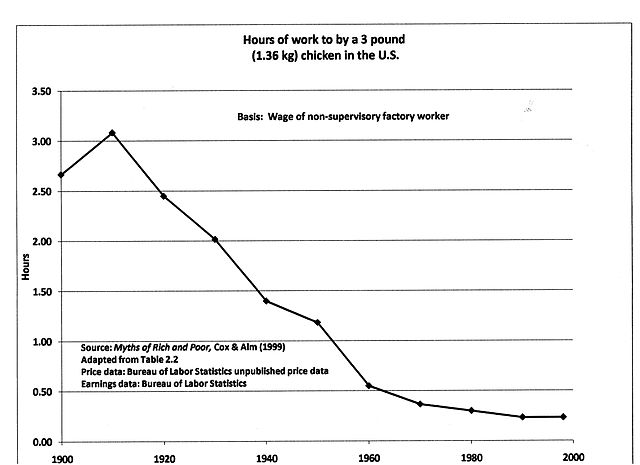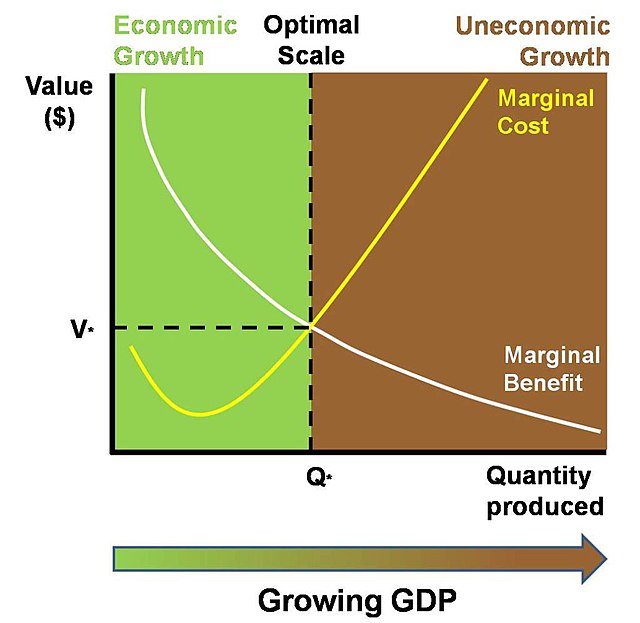Growth imperative is a term in economic theory regarding a possible necessity of economic growth. On the micro level, it describes mechanisms that force firms or consumers (households) to increase revenues or consumption to not endanger their income. On the macro level, a political growth imperative exists if economic growth is necessary to avoid economic and social instability or to retain democratic legitimacy, so that other political goals such as climate change mitigation or a reduction of inequality are subordinated to growth policies.
Das Kapital by Karl Marx contains the first theory of a growth imperative, which is still disputed today.
The link between technical progress and resource use is disputed
Smart phone and car: voluntary consumption or necessary increases of individual productivity?
Economic growth can be defined as the increase or improvement in the inflation-adjusted market value of the goods and services produced by an economy in a financial year. Statisticians conventionally measure such growth as the percent rate of increase in the real and nominal gross domestic product (GDP).
Productivity lowered the cost of most items in terms of work time required to purchase. Real food prices fell due to improvements in transportation and trade, mechanized agriculture, fertilizers, scientific farming and the Green Revolution.
The marginal costs of a growing economy may gradually exceed the marginal benefits, however measured.





